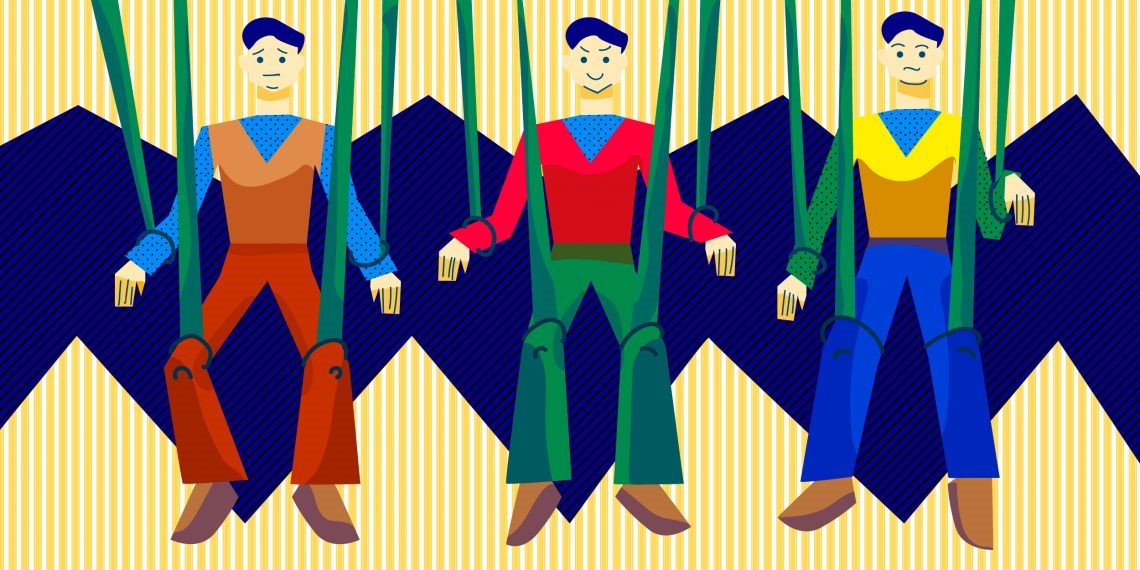The Mistakes of Thinking that Make Us Live in Shape. Part 2
We can't count
The subconscious mind does not like numbers, it likes everything to be "beulchian" and "approximate". Therefore, any numeric values are rounded and simplified.
Negation of probability
Our brains don't know probability theory at all. Therefore, when a decision needs to be made and knowledge is insufficient, small risks are generally ignored or overestimated. All terrorist acts are based on this. When we go to work, we are more likely to be hit by a car than to be hit by an explosion in the subway. But an explosion is an event that greatly affects emotions, and now we are afraid to go to a concert, but we are not afraid to cross the road in the wrong place.
Another example: residents were warned of an impending storm, but many did not prepare for it. A person who has never been in an emergency situation cannot imagine it, so he ignores his probability.
Survivor's mistake
If a person survived a disaster, he thinks that he survived because he did everything right, although his fate can be influenced by hundreds of factors, and many people who behaved like him died.
The effect of denomination
When we make a single purchase, we spend large amounts of money, but we easily fall into the same small amount. We can't imagine that a large number of small bills become a waste. This is one of the reasons why you should keep a financial diary.
We think we know everything about everyone
At least the only person who can say something with certainty is you. But we live among people, so we need to explain their actions somehow. Therefore, we constantly communicate our thoughts to others and expect them to behave themselves.
The Curse of Science
If a person knows a subject well, he thinks that others also know a lot. He is not able to look at the problem through the eyes of a less educated person. Therefore, some teachers are able to explain the topic, others are not, someone writes excellent technical tasks, and someone is outraged that these performers have again confused everything and do not understand anything.
The illusion of transparency
We value the ability to understand other people and think that others know a lot about us. "Everyone is looking at me! They know for sure that I am ill-prepared! He has someone rubbing his hands, I know for a fact that he's filling me up right now!”
Light effect
We overestimate the attention to our personality. Since we have always been the most important to ourselves, we want people to always think of us or pay attention to our actions, as if we were actors acting in the light of a projector. In fact, those around us do not really care, they are busy with themselves.
We believe that feelings do not change.
We direct all our knowledge and beliefs to the past and the future, as if everything we know now was known before, but nothing changes over time.
Awareness effect
Every time we talk:" I knew it", we feel this influence. In our opinion, everything that happened could have been predicted. In fact, it was only possible to achieve this when everything had already happened.
End of the story effect
We know that they have changed a lot. Every year, events that added something to the experience left a mark on the memory. But we are confident that this will not happen again in the future, and we will remain as we are now.
Deviation towards the result
We evaluate decisions not by how well they were justified at the time of their adoption, but by what results these decisions led to.
Kolya and Vasya went to the gym, but Kolya is doing well, and Vasya dropped a stone on his foot and is now training in a cast. Vasya thought that training was a bad idea and he should have stayed at home.
Decoration of the past
We look at the past from the point of view of the present. Things that seem bad, terrible, disgusting, are not so terrible. "I had it, no, I will live.»
Reassessment of influence
It seems to us that the upcoming events can radically change our lives and cause an influx of emotions. We are especially tormented before important stages: exams, interviews. It will take a few days, and no matter how scared we are, it will remain the same.
Think about how your brain tricks itself and creates it. Perhaps the next time you look at the situation from a different angle, you will be able to unleash the creativity that you did not expect.
The article was selected by Nikolai Merzlyakov.
Source: https://lifehacker.ru/30-oshibok-myshleniya/


